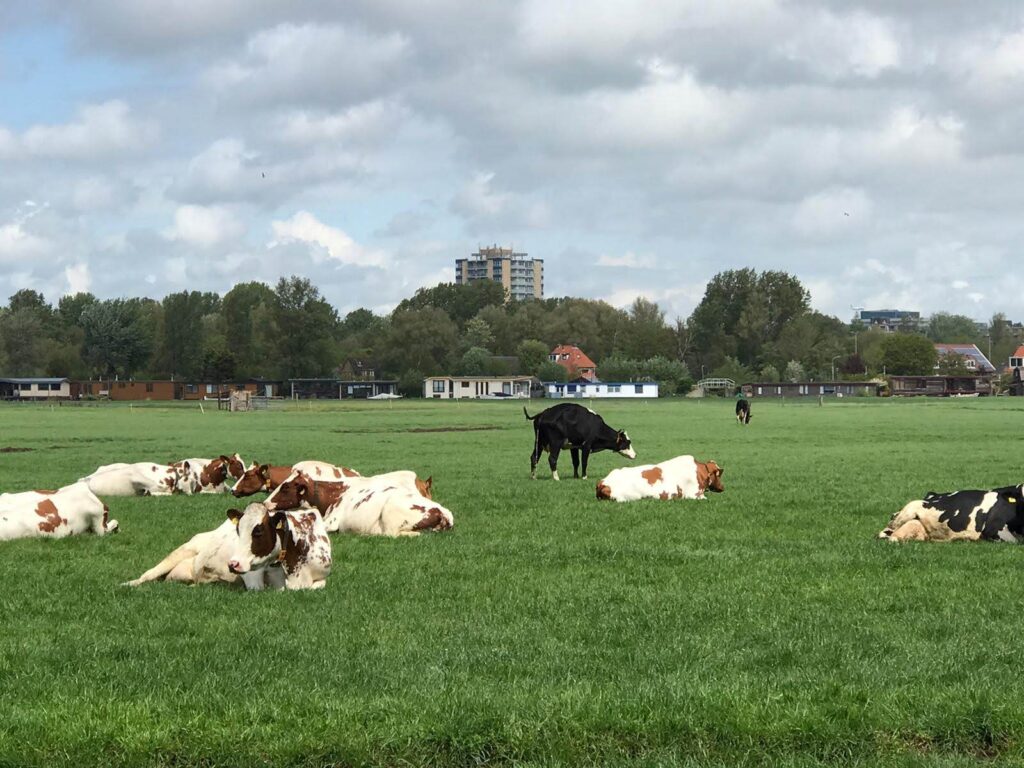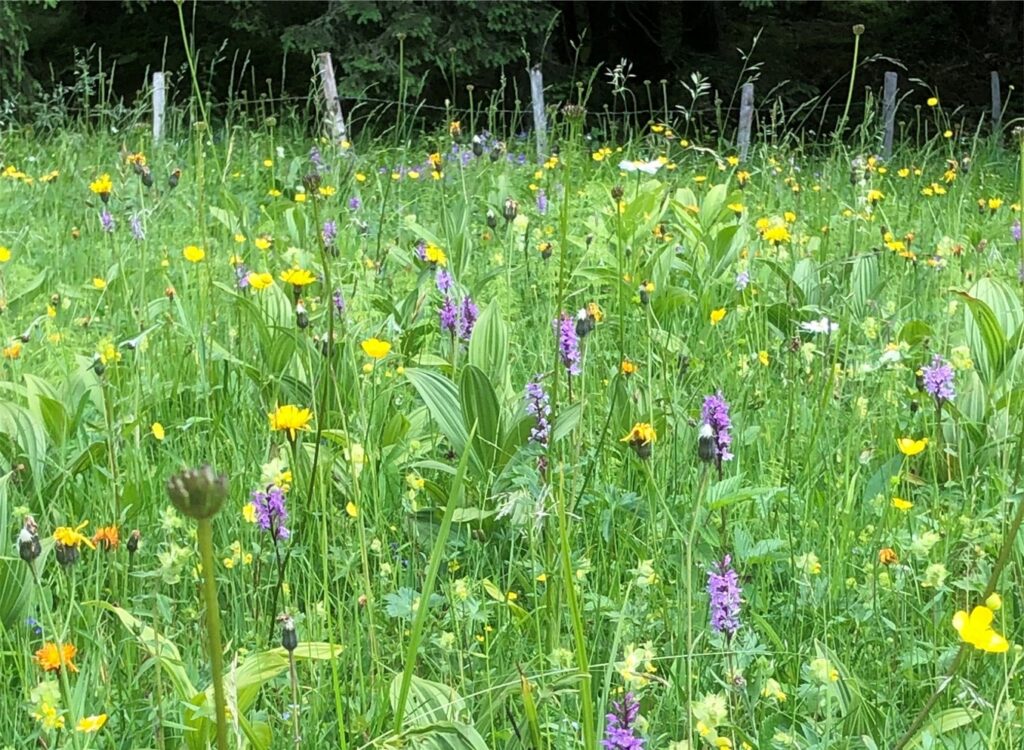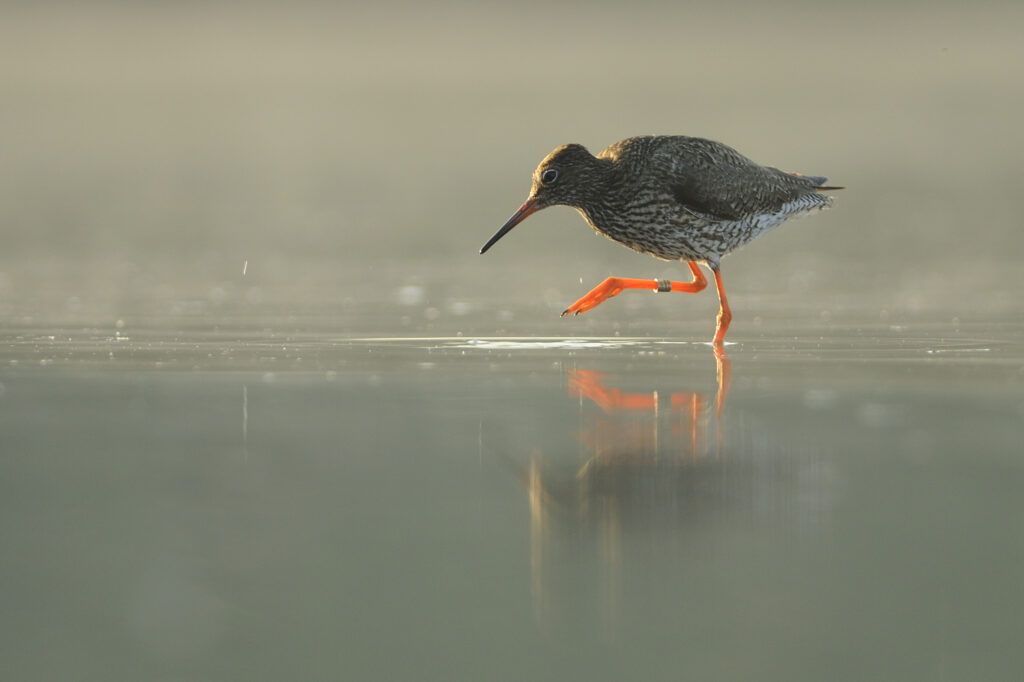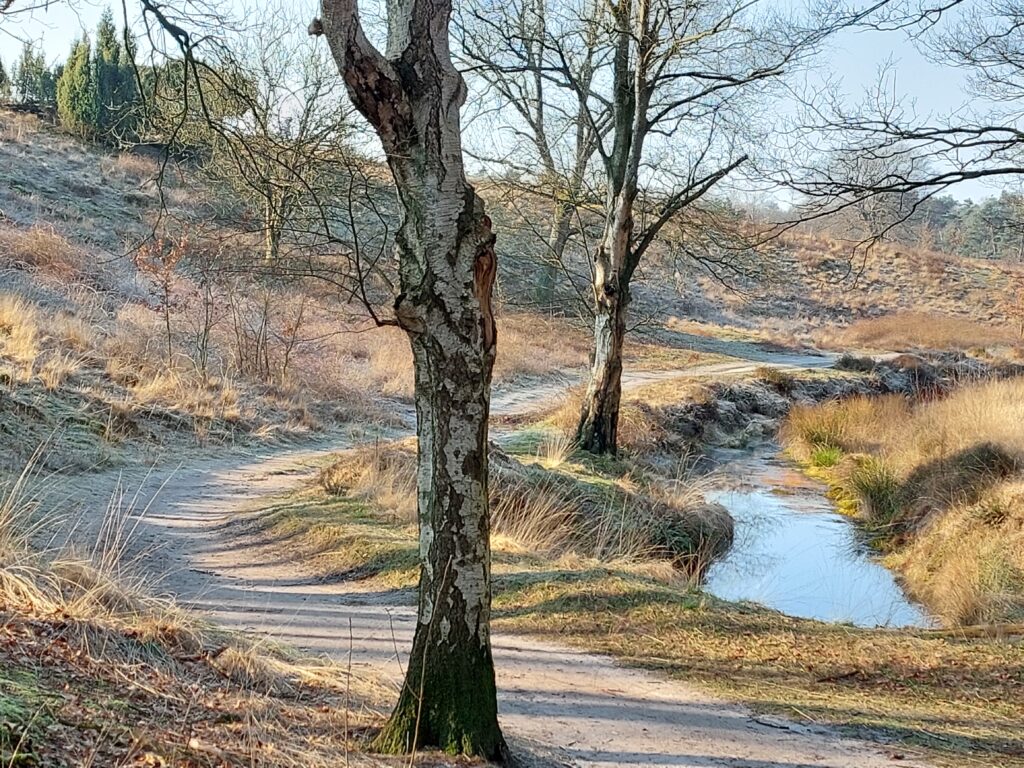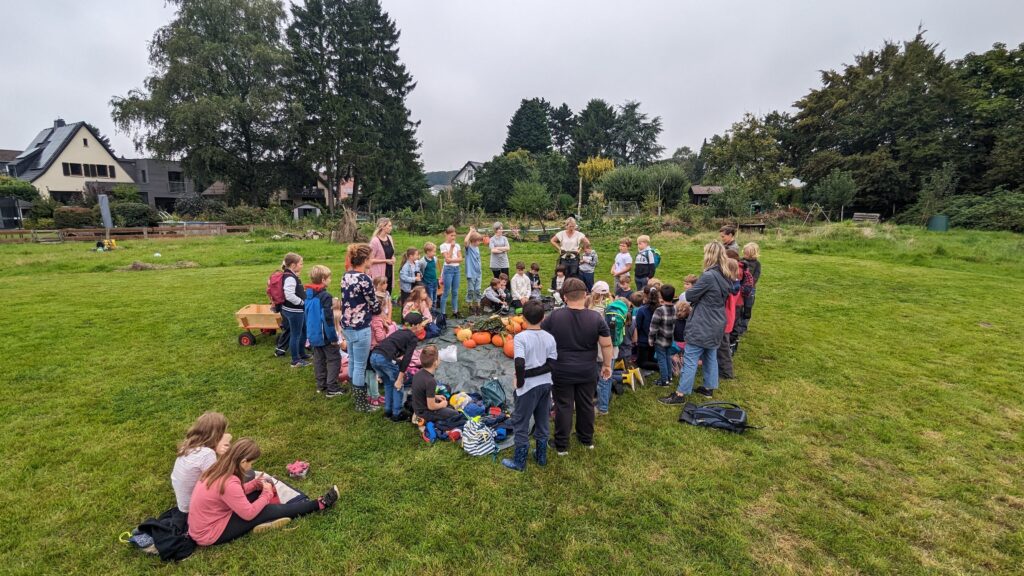Companies lead, government lags
Cargill and Nestle, two of the world’s largest agri and food companies are already switching to regenerative agriculture in the supply chain. This low to no input, nature friendly practice sequesters carbon, regenerates the soil and allows nature to flourish. The investment to transition is high – €93 per 0.40 ha (acre) and should be […]
Companies lead, government lags Läs mer »
